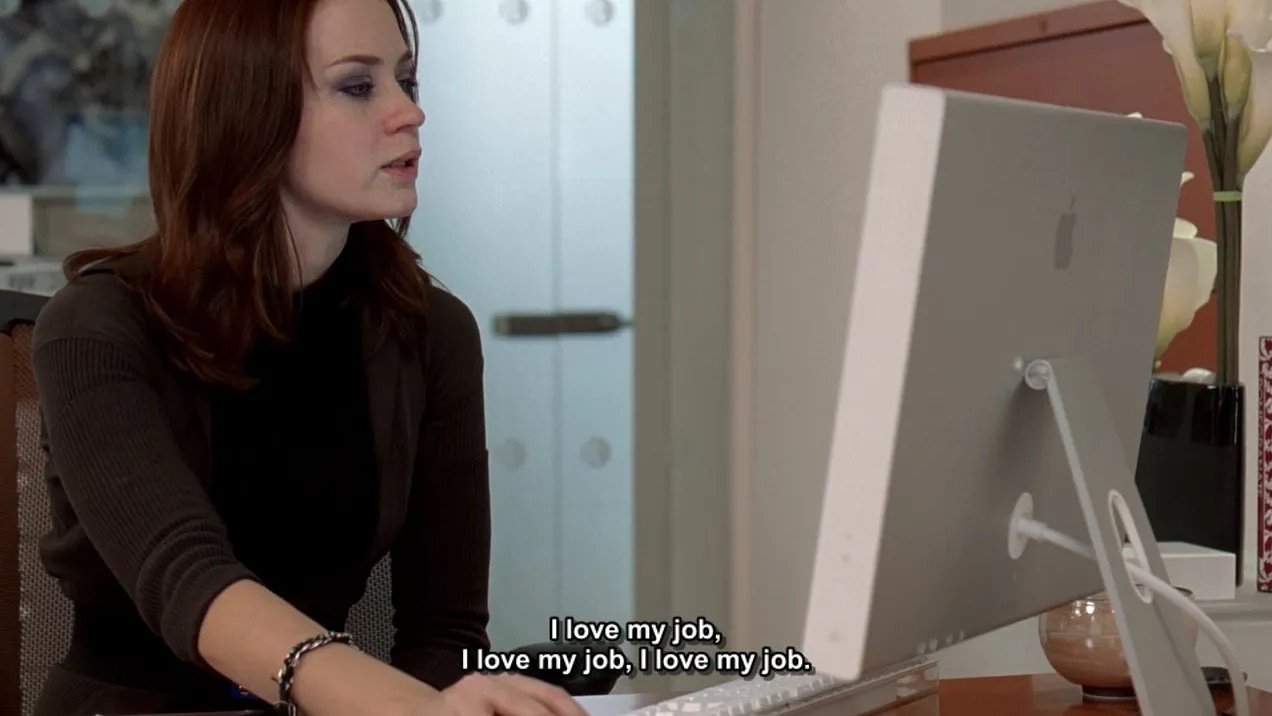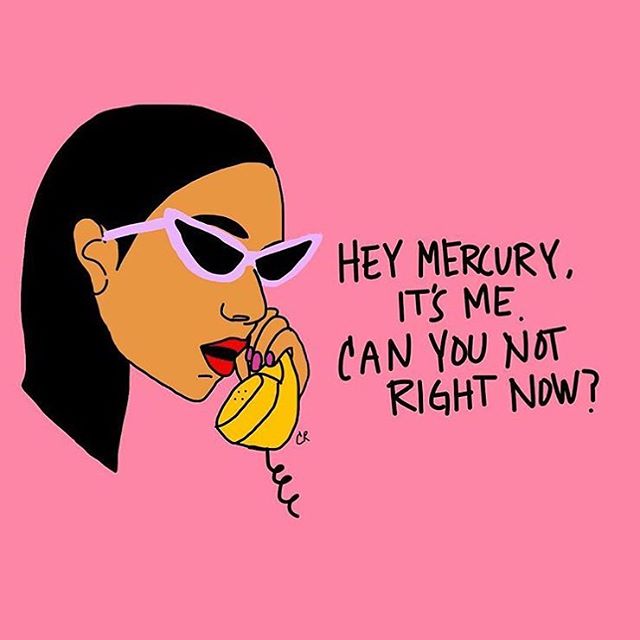My 10 Year Job Hunt
by Elena Chen
Looking for a job when you’re a multipotentialite? Are you also in the deep pits of self-doubt and existential questioning in your attempt to pick apart the difference between a career choice and a hobby?
Multipotentialite is a term coined by Emilie Wapnick to describe individuals with many interests and creative pursuits. I have personally only ever seen it as a pro to being someone with many passions. It enriches your life and injects it with dynamism. Does it not? What I failed to consider until I “became an adult” and had to take my place in society is that our linear world expects the same predictability from us. If being human is to think and feel and create and experience, then what society wants is for all that being to perform tasks and be reliable and produce results. Our transition into industrialisation created The Machine Era and the Hybrid Sapien who welded his tools to produce at astonishing rates and qualities. The digital revolution propelled humanity into another realm of production where we began to all become producers, curators and vendors of a virtual life, seemingly just as real as any physical existence.
The movement from industrialization to digitalization in this sense allowed us to produce more of everything with greater efficiency and efficacy than ever before. Yet why do so many of us still feel as if all we do is work? These tools we’ve invented, such demonstrations of our intellectual prowess, do they work for us or us for them? Who are we working for, ultimately?
Belgium-American psychotherapist Esther Perel has a description that I have heard her circulate in many interviews and talks. She says that before, when most of the world subscribed to a religion that emphasized an afterlife, we understood that here, on Earth, is where we suffered in order to reach paradise afterwards. In the modern age, where secularism has gone rampant, we now demand that the present, our conscious life, gives us the attainment we were previously seeking in religion and the life after. I have significantly simplified her argument but this is one key takeaway I keep pondering over. It seems to suggest a sort of inevitability of mundanity.
Illustrator Kezia Gabriella
I have been on a job search for the last 10 years. In this time, I’ve studied photography, psychology, psychiatry, anthropology and French. I have worked in education, media, consulting, and hospitality in various roles involving to a greater and lesser extent the use of technologies and machines. I have never held the same job for longer than 1.5 years and I have never worked an office job for longer than 4 months. I have, however, lived in 5 metropolitan cities spanning 3 continents and speak 3 languages. Who am I in this society? I don’t represent the norm but I also am just a person. Do I count as a Hybrid Sapien who works with video editing programs and takes analog images and writes with online documents? I feel like I’ve been at a buffet of work experiences and I’m having my fill but it’s time now to “grow up” and “get serious” and just do one thing. This world, diverse, kaleidoscopic and ever changing, holds a myriad of human cities, borders around tall artifacts, that demand singularity. Esther Perel didn’t say anything about life having to be a certain way even if she did allude to the improbability of work being transcendent. I have often wondered if I should just give it all up and live in a caravan out in the countryside where I can evade this manmade matrix we keep working for. If we have such intellect, why are we not using the tools we’ve created, systems we designed, to work for us?










